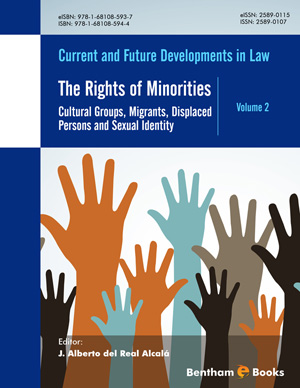Abstract
The recent decades have broken various secessionist movements related to national minorities existing within liberal-democratic multinational states like Belgium, Canada, United Kingdom and Spain, which, once assimilated by force or free, have maintained throughout History territory, language and cultural traits. They are nations like flemish, quebecois, catalans or scots. In this context, International Law neither authorizes nor prohibits secession, leaving this type of processes in the political sphere. Only in response to the case of colonized peoples through the right to selfdetermination recognized by the United Nations. However, the holding of referendums as Quebec and Scotland have stressed that they have begun to operate other principles of international law like the democratic principle or the effectiveness principle. The same International Court of Justice stated that the secession of Kosovo could sustain in another kind of legitimacy: the existence of a de facto state in the absence of violence after intense negotiations prior well-conducted and good faith, but failed.
Keywords: National minorities, Secession, Self-determination, Unilateral declaration of independence.













